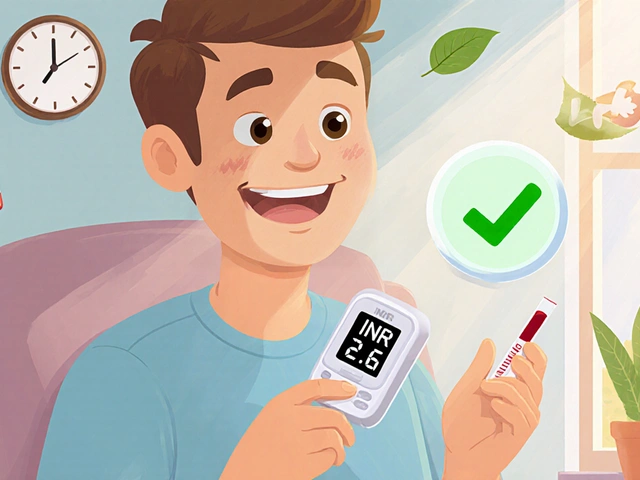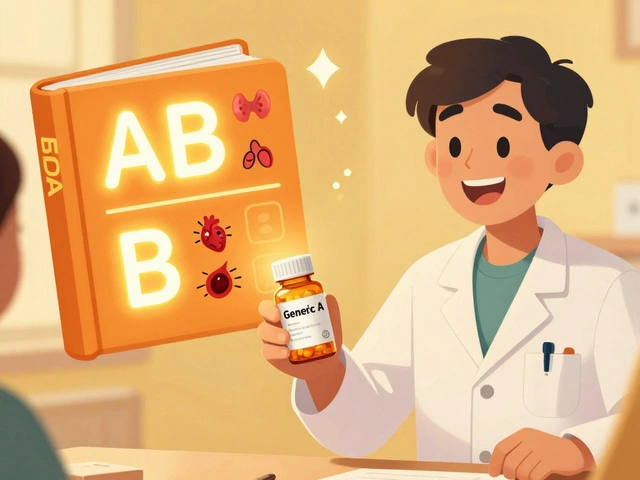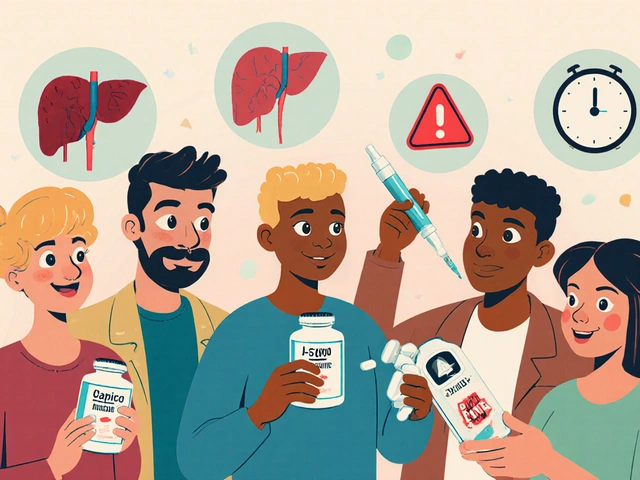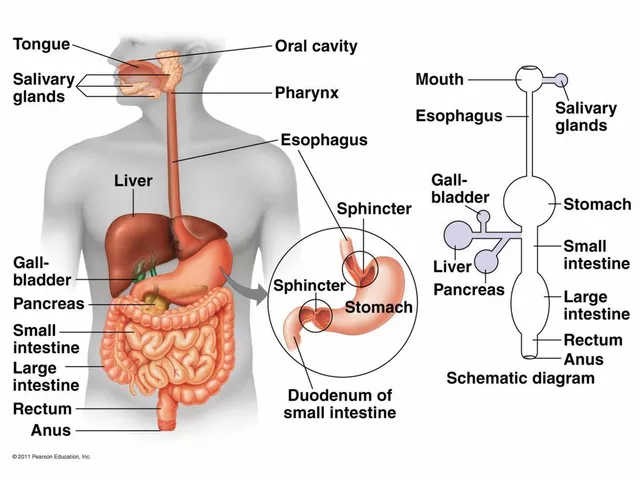SSRI Overview – Quick Guide
If you’ve heard doctors mention SSRI pills but aren’t sure what they actually do, you’re in the right spot. SSRIs (Selective Serotonin Reuptake Inhibitors) are a group of medicines that boost serotonin levels in your brain, which helps lift mood and ease anxiety. They’re often the first line treatment for depression, panic attacks, and some OCD cases because they generally have fewer severe side effects than older antidepressants.
How SSRIs Work
The brain uses serotonin to send feel‑good signals. After a signal is sent, serotonin gets pulled back into the nerve cell – that’s called reuptake. SSRIs block this pull‑back, leaving more serotonin hanging around to keep mood steadier. Think of it like closing the door on a hallway so the good vibes don’t disappear as fast.
Common SSRI Options & What to Expect
Typical names you’ll see at the pharmacy include fluoxetine (Prozac), sertraline (Zoloft), citalopram (Celexa), and escitalopram (Lexapro). Most people start on a low dose, then increase gradually if needed. You might feel a little better after a week or two, but full benefits usually show up after 4‑6 weeks. Keep an eye out for side effects like nausea, mild headaches, or trouble sleeping – they often fade as your body adjusts.
It’s key to never stop an SSRI cold turkey; tapering down with your doctor helps avoid withdrawal symptoms such as dizziness or brain‑zaps. If you notice mood swings, increased anxiety, or any odd thoughts, reach out right away – sometimes dosage tweaks or a switch to another SSRI does the trick.
Remember, SSRIs work best when paired with therapy, regular exercise, and good sleep habits. They’re not magic pills, but they can give you the mental space needed to make positive changes. Talk openly with your prescriber about any concerns, and stick to the plan – steady progress beats quick fixes every time.

6 Alternatives to Citalopram: A Guide to Finding the Right Fit
Looking for alternatives to Citalopram? Discover six other options that may work better for your needs. Learn the pros and cons of each alternative to make an informed decision. This guide explores their unique benefits and potential drawbacks, helping you choose the right treatment path. It's ideal for anyone seeking antidepressants with a broader therapeutic scope.





